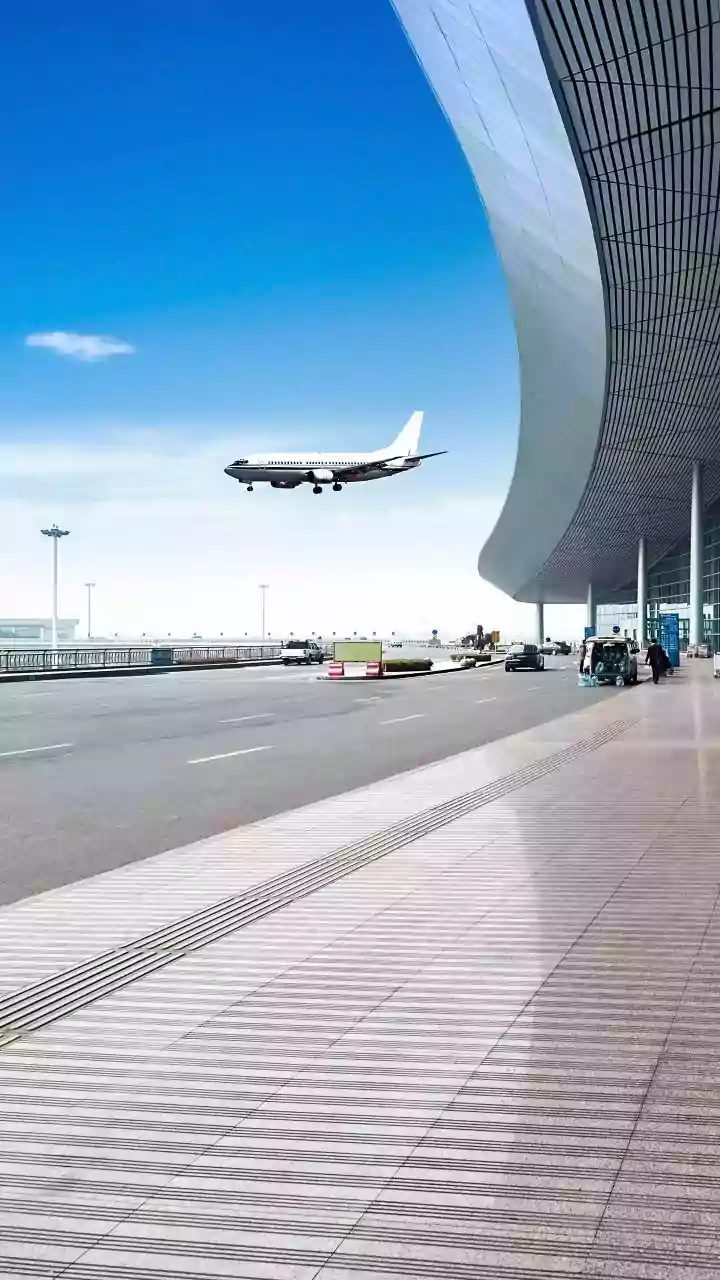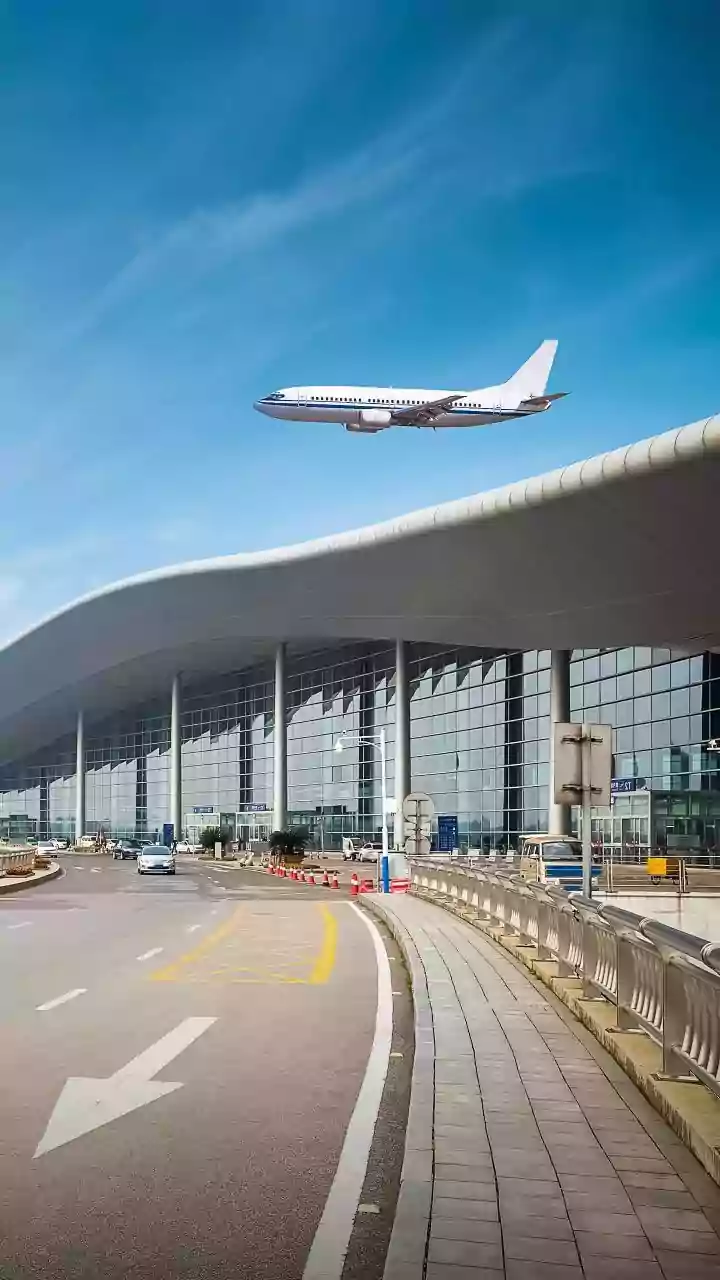Summit Overview
The ASEAN Summit in 2025 is of significant importance for regional and global relations. The summit brought together various leaders and representatives,
focusing on economic cooperation, security, and socio-cultural development within the Southeast Asian region. Key discussions addressed trade agreements, infrastructure projects, and strategic partnerships. The summit provided a platform for member states to address shared challenges such as climate change, healthcare, and digital transformation. It facilitated negotiations aimed at resolving regional conflicts and promoting stability. These discussions underscored the region's commitment to multilateralism and the pursuit of common goals. Furthermore, the summit's agenda included cultural exchanges and initiatives that promoted a unified ASEAN identity. The 2025 summit provided a dynamic environment for collaborative decision-making, setting a course for future regional development and cooperation. The event's outcomes influence trade dynamics, political alliances, and the overall stability of Southeast Asia and beyond.
Attendees' Profiles
The attendee list for the ASEAN Summit 2025 was diverse, including heads of state, government officials, and representatives from international organizations. Key figures like President Xi Jinping of China, along with leaders from Japan, South Korea, and the United States were expected to participate, showing broad international engagement. Additionally, the summit aimed to involve representatives from the European Union and other prominent trading partners. The presence of these leaders signaled a dedication to collaboration on economic, security, and diplomatic matters. Their attendance highlighted the summit's significance, confirming the event's role in global diplomacy and highlighting the varied interests and objectives of the participating nations. Through their presence, these individuals played a major role in influencing the summit's direction and results, driving strategic alliances and influencing the future of Southeast Asia.
Trump's Asia Tour
If former President Trump were to engage with the summit, it would likely involve specific strategic objectives. It could have meant discussions about trade imbalances and negotiations focused on reducing trade deficits. Trump's engagement may also emphasize security partnerships and his administration's focus on alliances in the Asia-Pacific region. This potential involvement could influence perceptions of the United States' role in the region. His visit could encompass bilateral meetings with regional leaders, aimed at solidifying partnerships. Furthermore, it might involve pronouncements on human rights issues and the promotion of democracy. The goals could range from economic opportunities to the maintenance of regional stability. His trip could also emphasize the promotion of American interests, potentially affecting policies and alliances across Southeast Asia. The focus on bilateral relations could further affect regional dynamics, impacting diplomacy and trade partnerships.
Trade Agreement Focus
During the ASEAN Summit 2025, trade agreements were a key area of discussion, reflecting their importance for economic growth and regional integration. The summit reviewed existing trade pacts such as the Regional Comprehensive Economic Partnership (RCEP). It also reviewed the progress of these agreements to ensure that they remained beneficial for all member states. The agenda focused on addressing trade barriers, promoting fair trade practices, and facilitating the expansion of market access. Discussions involved exploring new areas of cooperation, like digital trade, and sustainable development. The goal was to establish a more unified and streamlined trade environment. The summit served as a platform for negotiating trade deals that could boost economic development across the ASEAN region. The discussions highlighted the member states' dedication to maintaining economic ties with global partners. Through trade agreement deliberations, the summit aimed to improve the overall economic landscape in Southeast Asia.
Regional Security Issues
Security issues were a primary focus at the ASEAN Summit 2025, reflecting the region's concerns about regional stability. Deliberations included matters like maritime security, cyber threats, and cross-border terrorism. The summit provided a platform for participating nations to exchange information and strengthen their security cooperation. It highlighted the importance of upholding international law and resolving disputes through diplomacy. Discussions also involved partnerships between nations and initiatives that promoted collective security. The summit created an environment for negotiating agreements about joint exercises and intelligence sharing. Leaders addressed existing issues and potential threats to peace. Moreover, the discussions highlighted the significance of addressing non-traditional security threats, such as pandemics and climate change. The ASEAN Summit 2025 facilitated dialogue aimed at establishing a safer and more secure environment, enhancing regional stability.
Infrastructure Projects
Infrastructure projects were a central topic during the ASEAN Summit 2025, reflecting the necessity for economic advancement and regional connectivity. The event presented various infrastructure projects, including transportation, energy, and digital infrastructure initiatives. Discussions focused on attracting investments and partnerships to boost the region's development. The summit served as a platform for promoting sustainable and resilient infrastructure plans. Collaboration with international financial institutions was key for securing funding and expertise. The primary goal was to improve regional connectivity, reduce trade barriers, and boost economic growth. These projects aimed to enhance living standards, creating jobs and facilitating access to essential services. The summit highlighted the significance of public-private partnerships in executing large-scale infrastructure projects. These infrastructure discussions indicated a dedication to progress, modernization, and sustainable development within the ASEAN region.
Digital Transformation
Digital transformation played a key role in the agenda of the ASEAN Summit 2025. It recognized the importance of technology for regional growth. Discussions addressed digital infrastructure, digital literacy, and cybersecurity. The summit served as a platform for sharing best practices and promoting policies that supported the digital economy. The goals included facilitating digital trade and improving digital inclusion across member states. Participants also discussed the need for appropriate regulations and the ethical use of technology. Partnerships with tech companies and international organizations were key to driving digital innovation. These efforts sought to establish a robust digital ecosystem that could create economic opportunities and foster social progress. The focus on digital transformation demonstrated a commitment to preparing the ASEAN region for the digital age, encouraging innovation and creating a more inclusive and technologically advanced society.
Climate Change Action
Climate change was a vital topic at the ASEAN Summit 2025, reflecting the region's susceptibility to climate-related risks. Discussions revolved around reducing greenhouse gas emissions, adopting renewable energy, and promoting sustainable practices. The summit created a platform for member states to share their climate strategies and set up regional cooperation initiatives. The summit also explored the importance of climate finance and assisting vulnerable nations. The event showcased the importance of adapting to climate change impacts, such as extreme weather events and rising sea levels. Leaders and delegates were encouraged to work together on climate mitigation and adaptation strategies. The summit showed ASEAN's dedication to supporting sustainable development goals, and highlighted the importance of addressing climate change to ensure environmental sustainability in the region. The goal was to build a more resilient and sustainable future for Southeast Asia.
Socio-Cultural Development
Socio-cultural development was a key aspect of the ASEAN Summit 2025, reflecting the regional goals of promoting social harmony and cultural exchange. Discussions included education, healthcare, and human resource development programs. The summit provided an arena to improve cultural understanding and create a unified regional identity. Initiatives included cultural exchange programs, youth empowerment, and people-to-people initiatives. Participants discussed the significance of addressing social inequalities and improving social inclusion across member states. The aim was to promote social well-being and cultivate a strong sense of community within the region. The summit also highlighted the value of preserving cultural heritage and encouraging creativity and innovation. These initiatives sought to create a more integrated and socially cohesive ASEAN community, supporting inclusive growth and a shared vision of prosperity.
ASEAN Unity
The ASEAN Summit 2025 underscored the need for regional unity and cooperation, reflecting the shared goals and values of its member states. Discussions emphasized the significance of maintaining solidarity in the face of global challenges. The event served as a platform for member states to reaffirm their commitment to the ASEAN Charter and promoting regional integration. Initiatives were put in place to enhance political dialogue, economic cooperation, and socio-cultural exchange. Participants discussed the value of a unified front and the promotion of ASEAN's centrality in international affairs. The summit highlighted the importance of respecting diverse perspectives and upholding the principles of non-interference and peaceful resolution of disputes. It sought to strengthen ASEAN's role as a driving force for peace, stability, and prosperity in Southeast Asia. This highlighted the continuous effort toward greater integration and a shared future for the region.



















